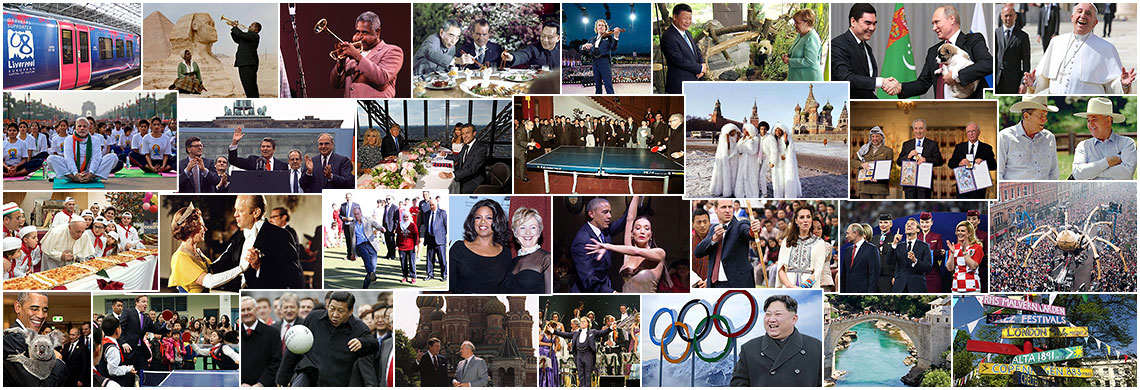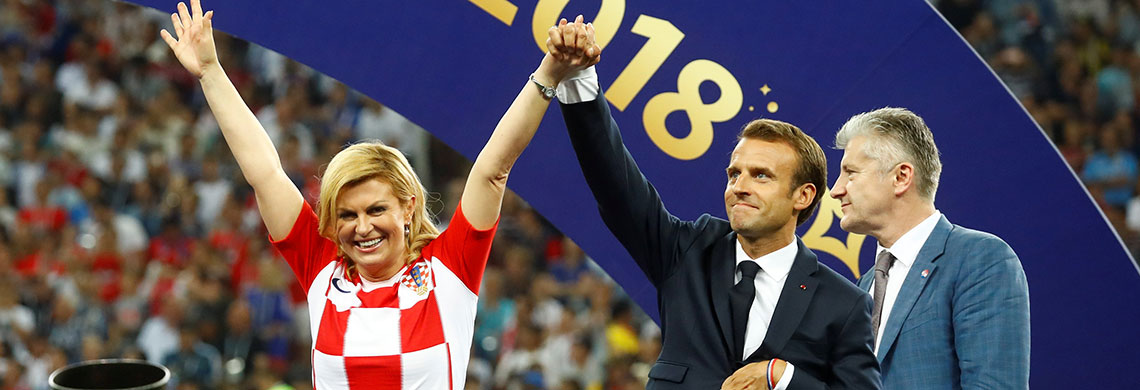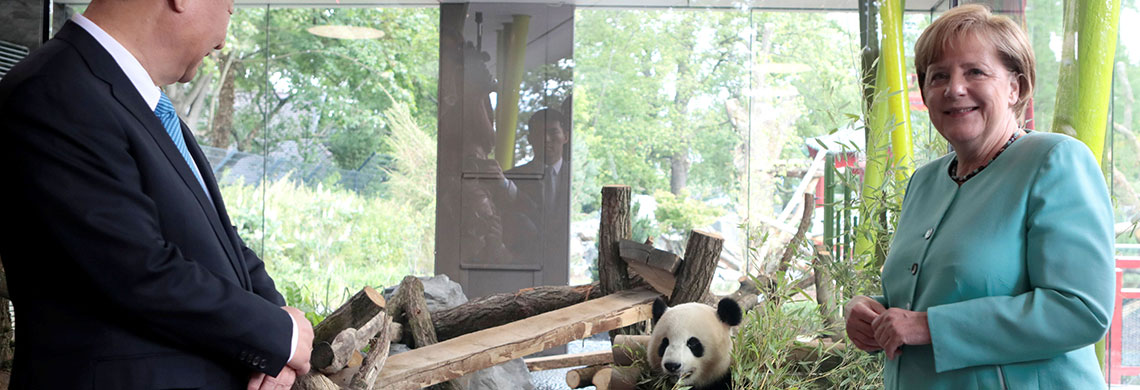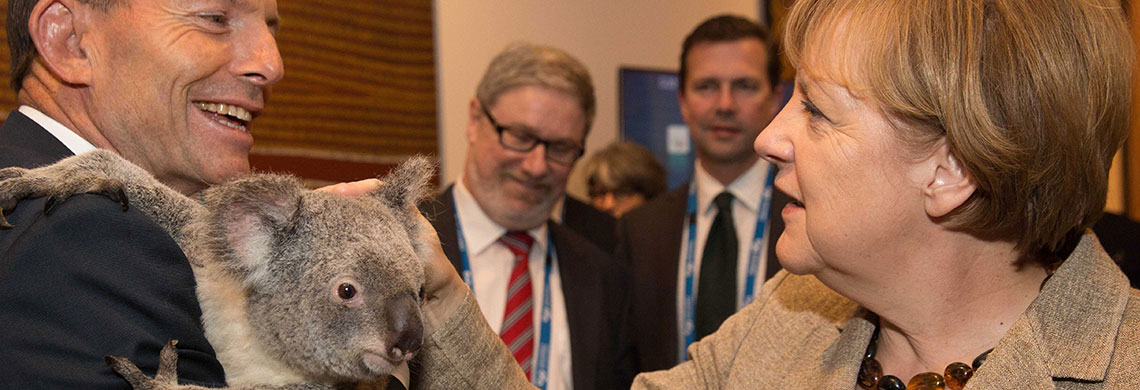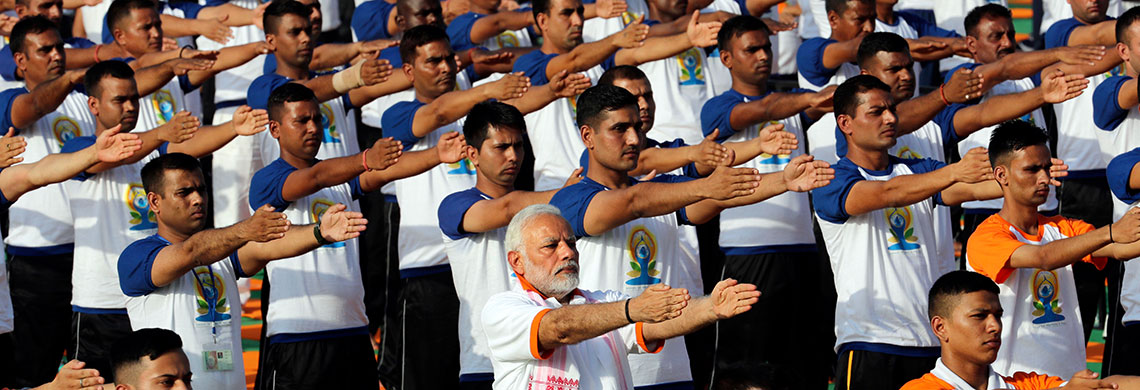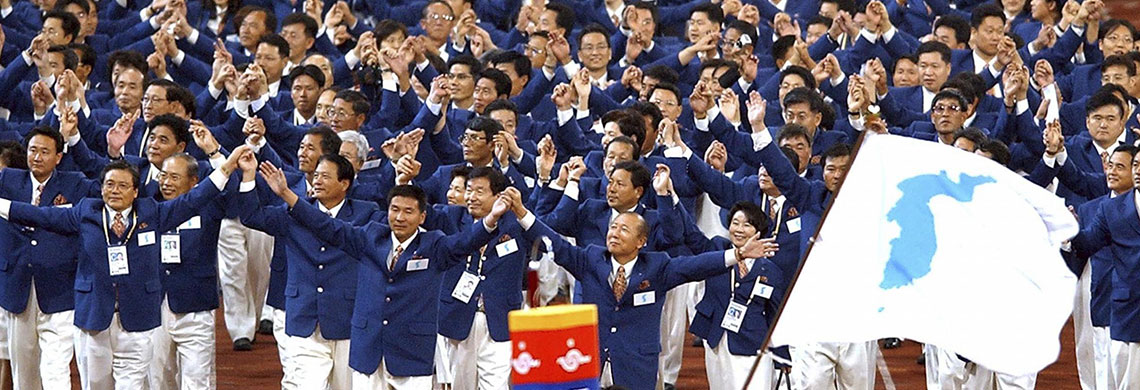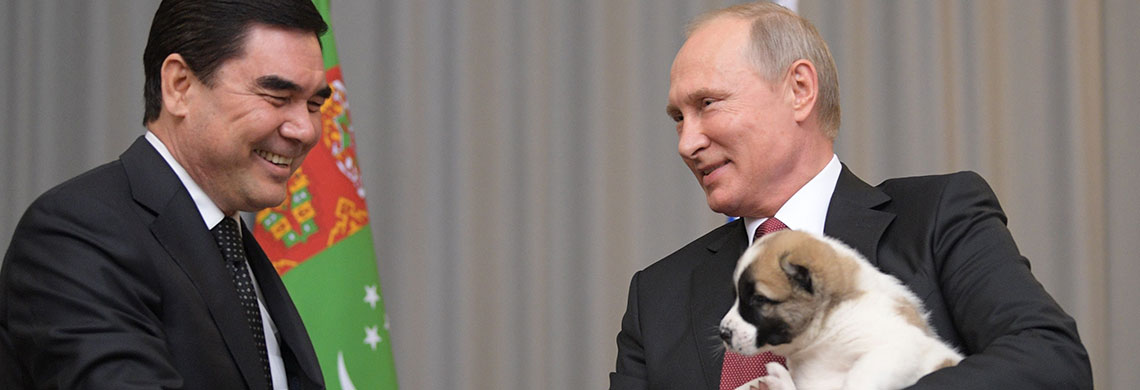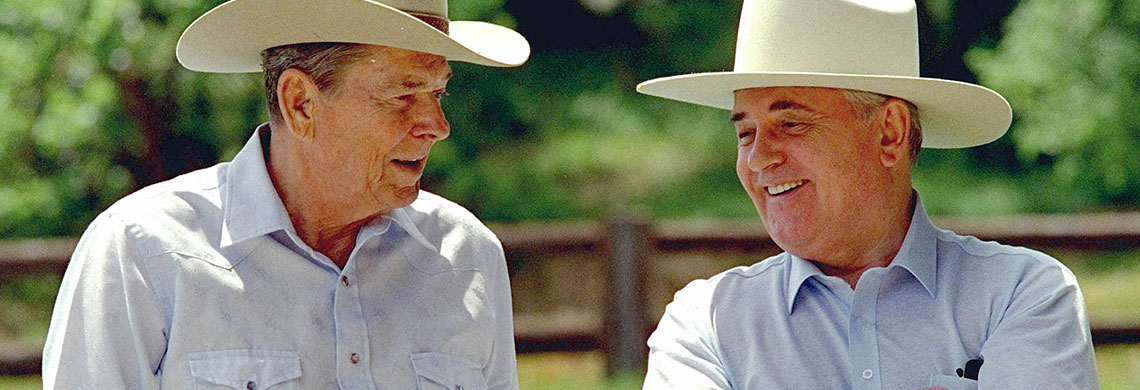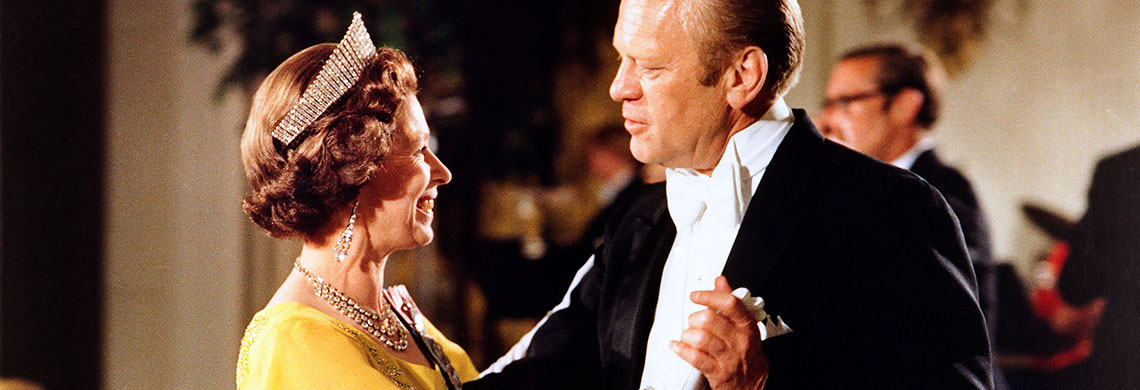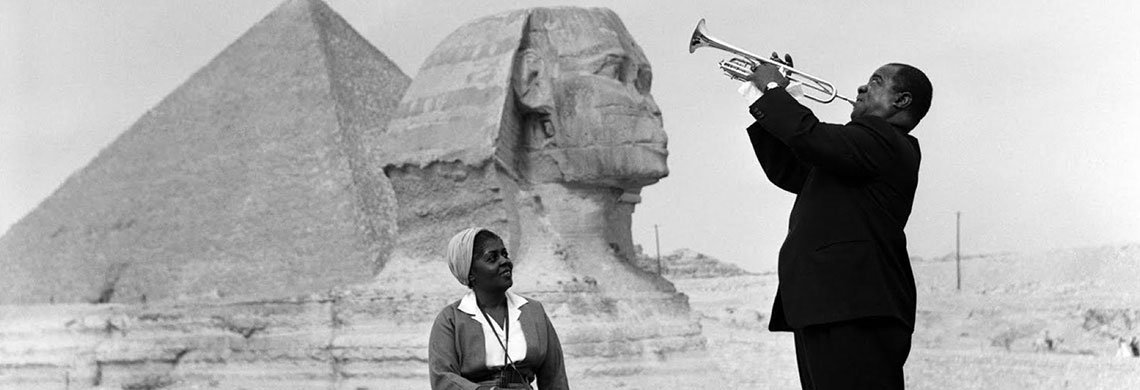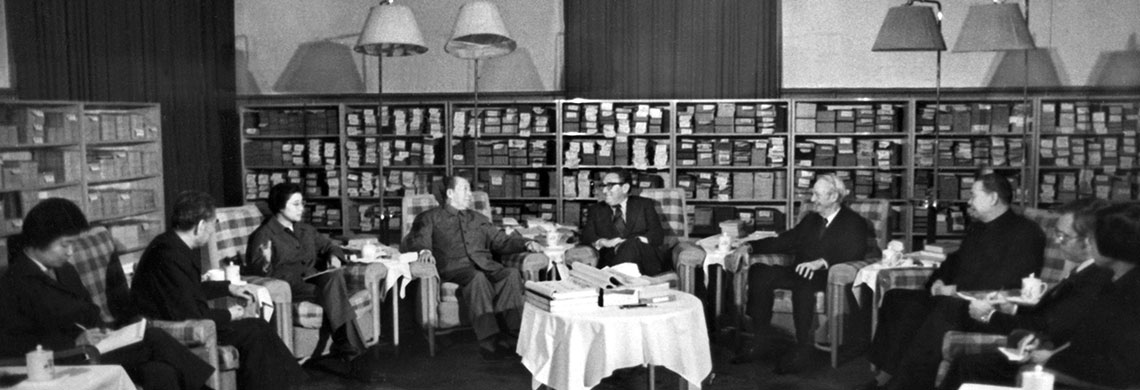Statement about Cultural Diplomacy
By the President of the ICD Young Leaders Forums, the Hon. Yasar Yakis (Former Minister of Foreign Affairs of Turkey)
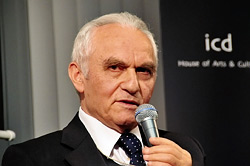
There is not yet a universally recognized definition of the cultural diplomacy. The concept existed since the olden times but it did not become an independent discipline of its own until a few decades ago.
Countries are naturally inclined to regard cultural diplomacy as a means to export their culture to other countries. As a result of this, the initial definitions gave priority to the idea of exporting the cultural values of one country to another rather than engaging in a cultural interaction.
For the purpose of my statement, I will define cultural diplomacy as an effort of better mutual understanding and eliminating differences of perceptions between nations or as a means to support the foreign policy with activities in cultural areas. In this sense it differs from the the exercise of exporting the values of a country to another country. It should be an exercise of give and take and not a one way traffic. It is not required in this exercise to prove that one culture is superior to the other. It will be enough for the participants in the exercise to understand that certain concepts are perceived in a different manner in other cultures. This awareness may help avoid several mistakes in the international relations. In case the cultural values of one side in this exercise are more attractive, it will preserve its attractiveness even if they do not fit exactly in the culture of the other side and in the long run it will look more acceptable. Unlike the classical diplomacy and economic relations, the cultural diplomacy bears its effects in a longer span of time, because it has to be internalized by masses. When it settles in the mind of people it stays there and becomes part of the culture of the recipient person or society.
Democracy and fundamental rights and freedoms are some of the most universally accepted values. However there are differences regarding the scope of such fundamental values in different cultures. Nations, societies or communities cannot be easily coerced to embrace values that are not part of their own culture, but if the cultural diplomacy is perceived as an interaction rather than a one way traffic, such interaction may contribute to the elimination of the differences that may exist between different perceptions.
Cultural diplomacy has become important in the contemporary world because the contacts between the adherents of different cultures have become much more intensified in the present globalized world.
While the classical diplomacy, that is to say political relations among countries, is handled almost exclusively by the State agents and while the economic relations have to be conducted mainly by the economic actors, the cultural diplomacy requires the involvement of more actors from various segments of the society. This includes universities, NGOs, trade unions, political parties, tourism agents, sportsmen, artists, professional associations. Cultural materials such as books, films and songs are also used as means of cultural diplomacy but for them to be effective they should not contradict the values of the other cultures.
The role of internet and other development in the field of telecommunications have facilitated the interaction between countries and individuals.
Countries that embark upon the exercise to expand the values of their own society to the societies of other countries should be respecting such values in their own society in the first place. The values of a society that is perceived as a wrong example will not be accepted easily by other countries. Perception is as important as the reality. A set of values that may be the best suited for a community will not be adopted in case it is perceived as unfit by the members of a target society.
Institute of Cultural Diplomacy is a unique institution that promotes cultural diplomacy. It is a unique forum to discuss various components of cultural diplomacy and to contribute to its evolution.
Yasar Yakis

